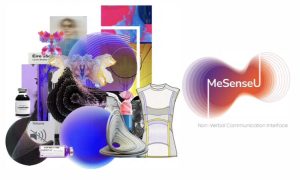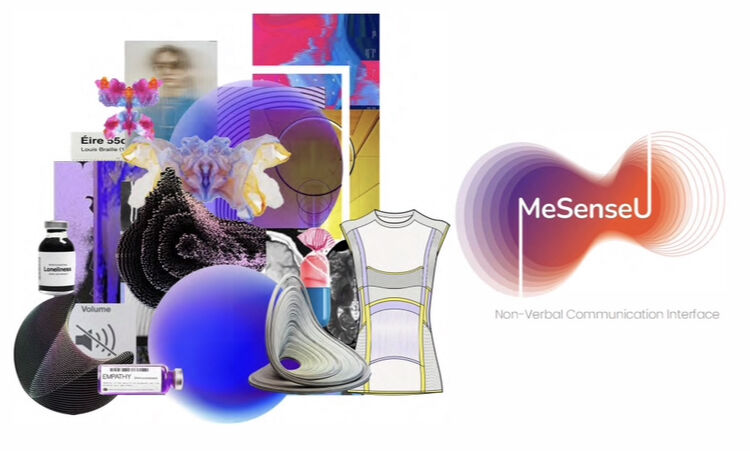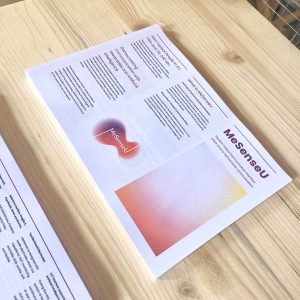INVAMAR: Pioneering Positive, Humanist, and Inclusive Innovations in Wearable Technology
Introduction – What is Invamar?
In today’s rapidly evolving technological landscape, innovations in wearable technology have revolutionized how we interact with the world and monitor our health. Among the forefront of this transformation is INVAMAR, an ambitious initiative based in Istanbul, Turkey, that has been making waves with its cutting-edge approach to wearable technologies and Internet of Things (IoT) wearables. Let us explore the essence of INVAMAR, its goals, the industry it operates in, and the promising future it envisions.
What drives INVAMAR’s vision?
INVAMAR’s mission centers around developing positive, humanist, and inclusive innovations in the realm of wearable technology. By leveraging technology, the team at INVAMAR aims to improve health and wellness inclusively, ensuring that these innovations are accessible to all. Their guiding principles prioritize not just technological advancement but also the well-being and comfort of individuals, making wearables a seamless part of daily life.


